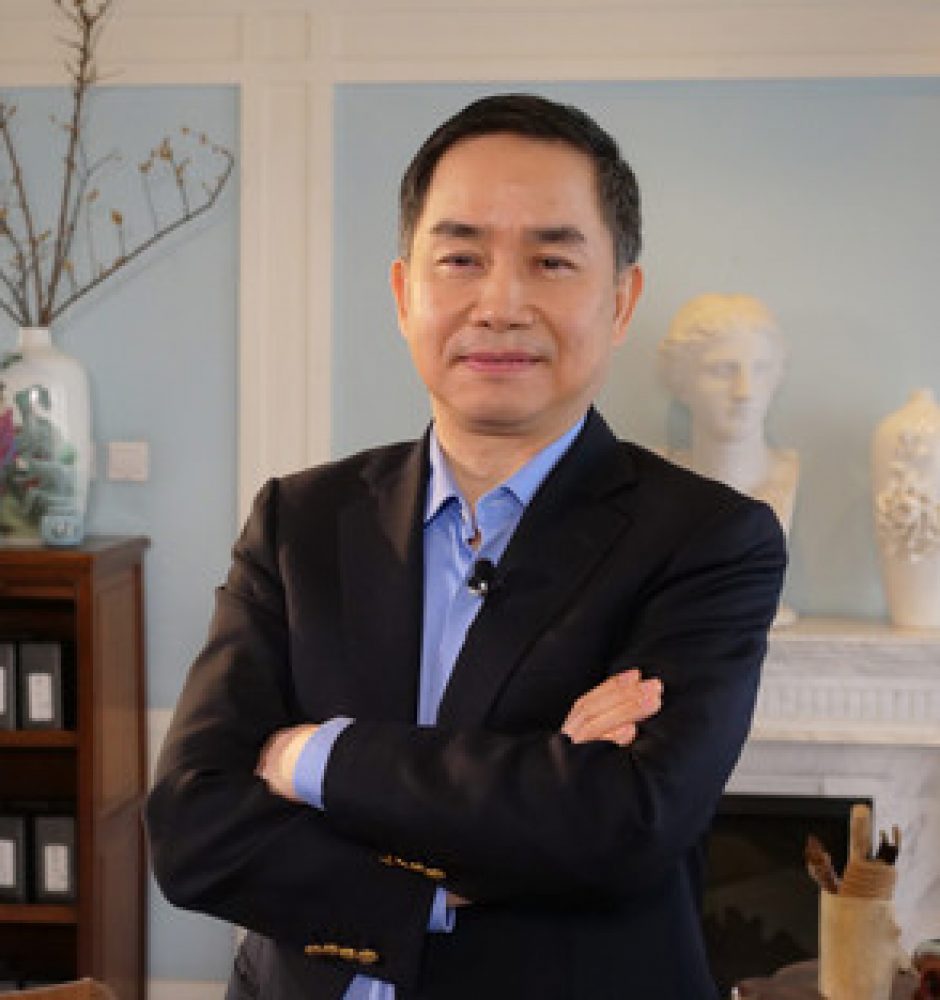“His (Wang’s) challenges are only bigger now,” says Chen Zhiwu, chair professor of finance at the University of Hong Kong. “IPOs, bond issuance, bank loans … all these funding opportunities are now first and foremost reserved for SOEs [state-owned enterprises] and strategic industry players. It is definitely not easy for real estate developers and companies in not so strategically important sectors.”

3910 3079 / 3917 1271
KK 1338
“Wall Street banks should have factored in geopolitical risks a long time ago,” said Chen Zhiwu, a professor of finance at the University of Hong Kong Business School. “Over the next five years, the best case scenario for them is that China reverses direction and goes back to real open-door policy and market reforms, revitalizing the business environment. This is an extremely unlikely scenario but not impossible.”
在和端傳媒的訪談中,陳志武談論到中國經濟的復甦困難,和在目前地緣政治局面與國家管制的情況下面臨的雙重困境,以及在接下來的發展過程中會出現的方向變化:我們在過去二三十年目睹的中國經濟增長與普通人生活改善的路徑,在未來也許會發生徹底的轉變。
China has encountered its share of financial distress during its decades-long transition to a modern industrial economy, but regulators have used their considerable powers to repeatedly prevent catastrophe.
Chinese companies that did business with SVB in the U.S. also have plenty of options as they join the rush to find a new bank. But SVB’s collapse may make firms think twice before relying on smaller, regional banks. “There is a shift going on,” says Zhiwu Chen, a finance professor at the University of Hong Kong. “Everyone I know has been moving money from small banks into big ones.” Chen says that some of the companies he advises are concerned about this transition, fearing that they may not get the sort of specialized or preferential service from large banks that they enjoyed with SVB.
"Confidence has been very much shattered," said Zhiwu Chen, a professor and chair of finance at the University of Hong Kong's business school. "The government's desire to have private equity and venture capital invest more is very much undermined," he added.
But other voices believe the cards are stacked against Hong Kong’s long-term revival and continued prosperity.“The Hong Kong government people try pretty hard, but they are going against headwinds,” says Zhiwu Chen,professor of finance and director of the Institute for Humanities and Social Sciences at the University of HongKong. “Recent changes have made it tough for mainland billionaires to set up their family offices in Hong Kong,”now under the ultimate jurisdiction of the Beijing authorities. “For that reason alone, Singapore has becomethe favourite destination for mainland billionaires.”
Since CSRC and CBIRC had been categorised differently from government organizations in the past, the regulators had more discretion in setting salaries and employees typically received higher pay than public servants, said Zhiwu Chen, a professor of finance at the University of Hong Kong Business School. “With this new definition for their positions, some of them may have to accept a pay cut of 50% or more. They will not be happy,” he said.
“I don’t think there is much of a future for the belt and road in the pro-Western countries, though China would like to have both camps in the fold,” said Chen Zhiwu, chair professor of finance at the University of Hong Kong. “The world is being divided into two blocs again.”





